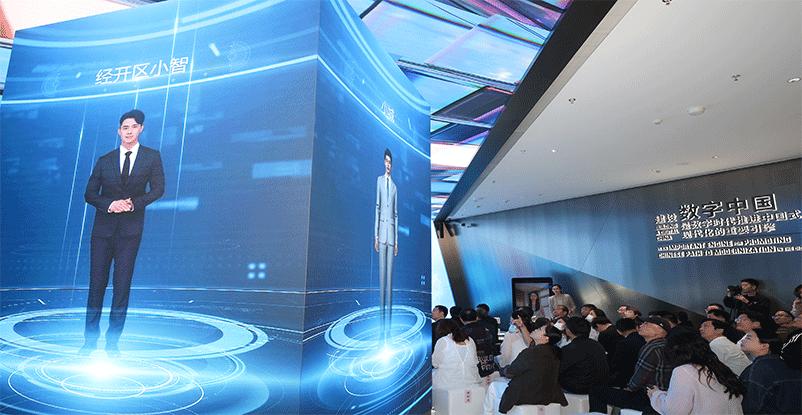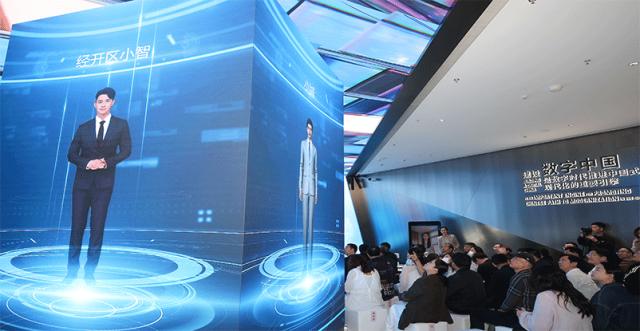Shenzhen’s use of AI in government affairs dates back to July 2023, when Futian District launched “Xiaofu,” an AI assistant for handling government hotline inquiries.
According to Luo, their AI employees work well gathering public feedback and requests from hotlines and government platforms. “AI employees can quickly generate a daily report of all public requests from the past 24 hours and mark which have been resolved,” Luo said.
In Nanchang, Jiangxi Province, residents can now easily follow AI-guided steps to apply for a taxi license. Zhu Xian, head of the city’s digital governance department, told NewsChina that their AI use is mainly answering queries and search services related to government affairs.
Tian Lei, a district-level prosecutor official in Wuhan, Hubei Province, said his office is piloting DeepSeek-based applications, such as working out rulings for similar cases, drafting statements for simple cases, searching for laws and regulations and analyzing evidence.
According to Li Junmin, digital governance department director of Shanwei, Guangdong, the purpose of using AI employees is improving efficiency. Despite the daily volume of hotline calls doubling from 400-500 several years ago to over 1,000, the Shanwei government has not needed to hire more staff. “AI answers the public’s questions faster by searching its massive database,” he said.
Li Xiaoming, data management director for the digital governance department of Shenzhen’s Futian District, added that their AI assistants achieve over 95 percent accuracy in processing paperwork, reducing review time by 90 percent. Li noted that an AI assistant once generated a PowerPoint presentation for him in just 20 seconds, only needing some light revisions.
Ma Liang, a professor at Peking University’s School of Government, believes AI will play an even greater administrative role, eventually supporting more complex decision-making.
“Intelligent decision-making may be the most difficult area for AI in government,” said Liang Zheng, deputy director of Tsinghua University’s Institute for AI International Governance. “In the past, decisions were generally made based on the decision maker’s own experience and judgement. But given information limits, decisions were sometimes imprecise. If AI can help the decision-making process with its massive datasets, outcomes could be quicker and better, though achieving that is quite hard,” Liang said.

 Old Version
Old Version
